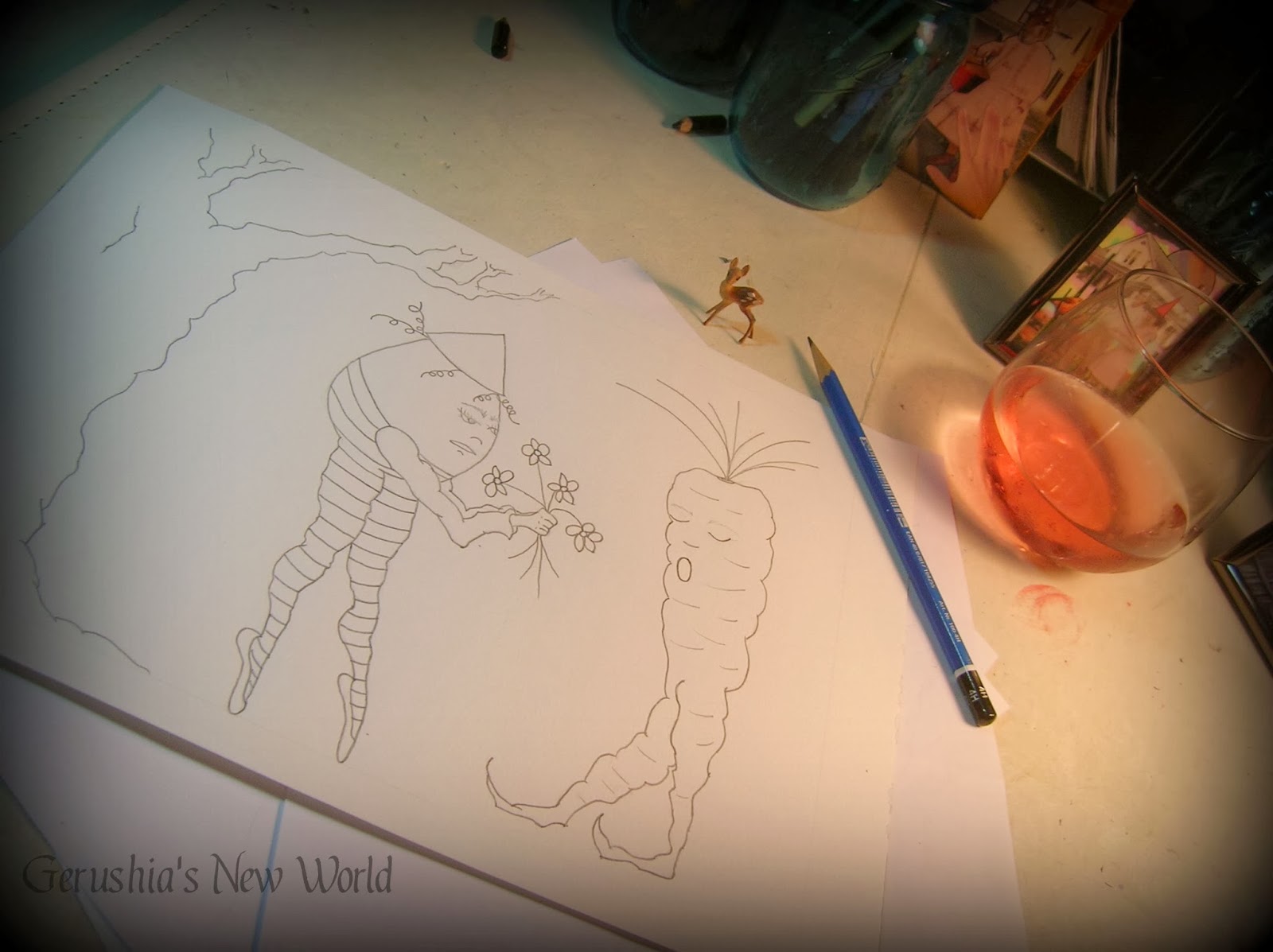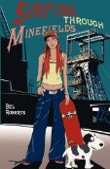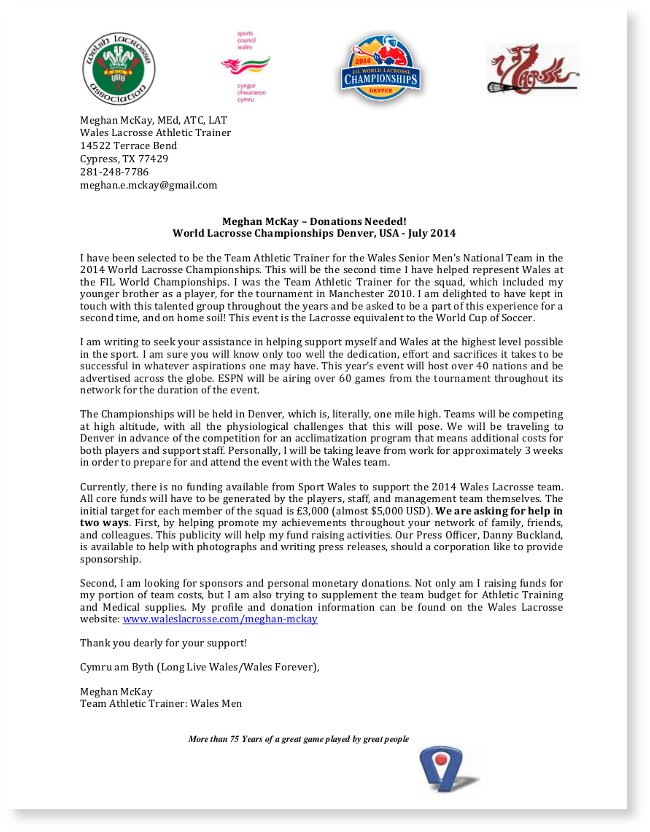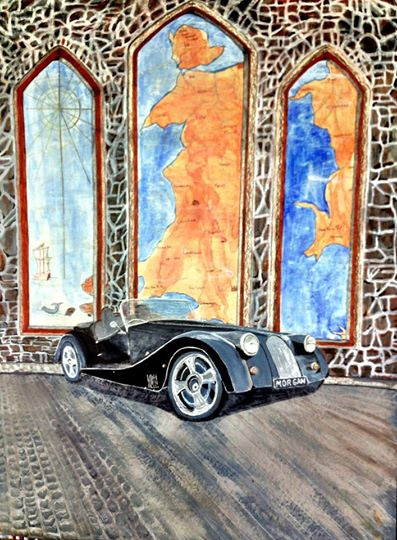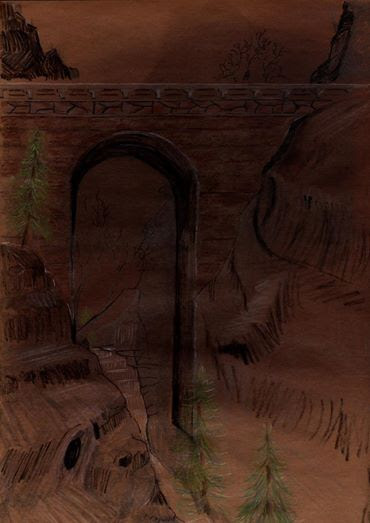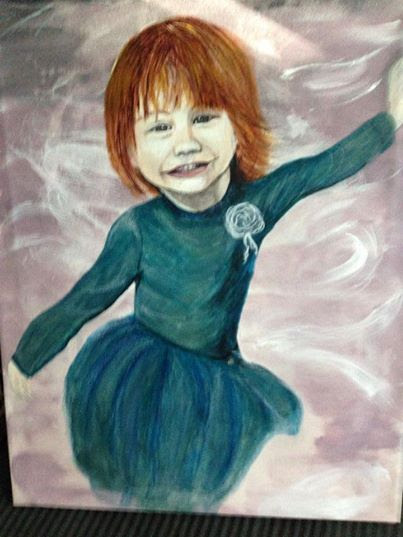AmeriCymru: Hi Meic and many thanks for agreeing to be interviewed by AmeriCymru. For any of our readers who are not acquainted with the man and his work, can you explain the importance of Rhys Davies in the history of 20th century Welsh literature?
Meic: Rhys Davies (1901-78) was the most prolific, dedicated and accomplished of Welsh prose-writers. He wrote more than a hundred short stories, some twenty novels, three novellas, an autobiography, two plays and two topographical books about Wales. But it was as a short-story writer that he excelled and influenced other writers. Taking Russian and French writers as his models, he took the form to its limit in objectivity. Before him there was only Caradoc Evans, but he left his mark on later Welsh writers such as Glyn Jones, Gwyn Thomas and Alun Lewis. He was, in short, and by general assent, a master-craftsman in the form.
AmeriCymru: What inspired you to write a biography of Rhys? How did your interest in him evolve?
Meic: I first read him as an undergraduate in the 1950s, and my admiration grew as I worked through his oeuvre. I met him in his London flat in the 1970s and kept in touch until his death. Then, one day in 1990, I was contacted by his brother Lewis Davies who wanted me to set up a Trust in his memory. This I did, with money provided by Lewis, and after Lewis’s death in December 2011, the Trust inherited his entire estate. I became its Secretary. The Trust is chaired by Dai Smith and the other two Trustees are Sam Adams and Peter Finch. Its aims are to keep the writer’s memory green and to promote Welsh writing in English. For example, we put up plaques in memory of writers and help fund the work of Rhys Davies in every possible way. The conference organized by Literature Wales in 2013 was funded by the Trust, which also commissioned me to write the biography.
AmeriCymru: Davies''s autobiography ''Print Of A Hare''s Foot'' is evasive and unreliable. How much of an obstacle was this to you in your research?
Meic: It soon became apparent to me that the events mentioned in Print of a Hare’s Foot didn’t always correspond to the known facts of Rhys’s life. Lewis was a great help in pointing to where the book strayed from what had actually happened. It is particularly misleading in that it tries to hide or camouflage the author’s homosexuality. It must be remembered that homosexuality was illegal in Britain until the Sexual Offences Act of 1967. Rhys was promiscuous as a young man but never mentioned his sexuality or wrote about it, except tangentially. Other facts are contorted or obscured for no apparent reason except that he seemed incapable of giving a straight answer to a straight question about himself. This presents a problem for a biographer who has to know when the false trails laid down by Rhys are leading nowhere and how to decipher the code in which he habitually wrote about the things that mattered to him. His instinctive need to dissemble explains to some extent the detached, almost clinical way in which Rhys observed other people without becoming emotionally involved with them. It gives his prose a chilling quality that some readers admire. He enjoyed no lasting sexual relationship with another person and with the women who found him kind, gentle, witty, charming and excellent company, such as Anna Kavan, he maintained strictly platonic friendships. Above all, he protected his privacy and independence, fearing intrusion into his inner life by anyone who came too close, man or woman. It suited him, too, to have no close companion because he maintained a rigorous work-schedule that left little time for an emotional life. The title of his autobiography was well chosen. The hare is a secretive creature in folklore, said to change its shape while always resolutely remaining itself, sexually active, living by its wits and giving out misleading signals, a symbol of paradox, contradiction and transitoriness, both lucky and unlucky, damned in Deuteronomy as unclean and forbidden, an endangered species, lying low and leaving only the lightest of prints before disappearing into its form in its own mysterious way.
AmeriCymru: Can you tell us a little about his Welsh background? Would it be accurate to describe him as an outsider, a ‘marginal character’?
Meic: Rhys was born in the mining village of Blaenclydach, near Tonypandy in the Rhondda Valley. His parents kept a grocer’s shop known as Royal Stores. He had an elder brother who was killed in the last weeks of the Great War, three sisters who became teachers and a nurse, and another brother,the benjamin of the family, Lewis. Their status as shop-keepers kept them apart from a working-class community on which they relied for custom and which, in turn, was almost wholly dependent on the coal industry: they employed a maid and a man to take deliveries up and down the valley, enjoyed holidays and were never short of food like many of their neighbours. The parents and older children spoke Welsh. Rhys was brought up in chapel but as a teenager began attending services at a church where the services were in English, losing his Welsh along the way. Just before his fourteenth birthday he decided he had had enough of school and left, much to the chagrin of his parents. He spent the next seven years wandering the hills above Rhondda, reading voraciously, and helping his parents in the shop. This last was crucial: he learned to listen to the customers, particularly the womenfolk, with whose tales of woe and misfortune he was able to sympathize. Many critics have remarked upon his ‘feminine’ sensibility and the fact that many of his stories are about women or written from a woman’s point of view. His female characters are brave and resolute, determined to overcome whatever life throws at them while his menfolk are craven creatures, the victims of cruel circumstance. There is very little discussion of politics in his books but he did observe the Tonypandy Riots which brought troops into the Rhondda in 1910.
AmeriCymru: How would you characterise his relationship with the Rhondda?
Meic: I’d say he had a love-hate relationship with the Rhondda. It provided him with material for most of his books, and he knew it. But he found it hard to break away and write about somewhere else. Most critics think his Rhondda stories and novels are far superior to work set elsewhere. He was, however, disgusted by what he saw as the ugliness of the coal-mining community, the muck and mire of the industry and what it did to people’s lives. Although he often went home, especially when money was short or he had nowhere to live, after his parents’ death he had no reason to visit the Rhondda and lost contact with the Valley.
AmeriCymru: Davies was a friend of D.H. Lawrence. Do you think Lawrence influenced his writing in any way?
Meic: He was invited to stay with the Lawrences in the South of France in 1928 and later accompanied them to Paris. He carried the manuscript of Pansies back to London and through the customs which had seized them previously. He had admired the English novelist long before that and there are traces of his influence throughout Davies’s early work, in particular in his depiction of women: the Lawrentian woman appears more than once in his stories. He was aware of it and, as he matured as a novelist, began to shake it off.
AmeriCymru: ''The Black Venus'' was one of his most popular titles. Can you tell us a little about this book? How representative is it of his work?
Meic: Published in 1944, the novel is set in the fictitious village of Ayron in Ceredigion; when Davies wasn’t writing about the Rhondda, he often set his work in west Wales, for which he had a sentimental attachment. It’s a fantasy created around the custom of courting in bed, or bundling, by which a young woman was allowed to receive suitors who would stay the night on, rather than in her bed. The custom was common among the peasantry in the 18 th and 19 th centuries. Opinion seems to be divided as to whether it was observed under conditions of strict chastity, with a bolster placed between the sweethearts, or whether sexual contact was allowed. Olwen Powell, the beautiful young heiress of a large farm, uses it to test the eligibility of various suitors, thus turning the custom on its head, much to the disapproval of the community: the woman is in control and eventually triumphs. Critical opinion is divided about the sexual significance of the Black Venus, a carving which is to be seen in Olwen’s room, though it adds considerably to the amusement of the novel. It is not Davies’s best but it went into several editions.
AmeriCymru: Davies is noted for being a particularly hard working author. Can you tell us something about his work routine , ethic and preferred working environment?
Meic: Except for a few years as a draper’s assistant on first going to London, and a short stint of war-work, Davies managed to live almost wholly by his pen. His meagre income was not supplemented by any teaching, journalism, broadcasting, or hack-work of any kind. He sat on no committees, signed no manifestos, believed no political nostrums or religious dogma, never read his work in public, attended no conferences, never edited a magazine, engaged in no literary squabbles, spurned all cliques, shunned the company of academics, had no taste or talent for self-promotion, joined no literary clubs, never competed for a prize, never sat in judgement on his fellow writers as an adjudicator of literary competitions, and only very rarely as a reviewer of their books. He believed the proper business of the writer was to be writing. Living in rented or borrowed accommodation from which he invariably soon moved on, he maintained a rigorous work-schedule, writing, eating and sleeping in one small room. He cultivated detachment as if by not fully belonging to any one place, he could preserve something of himself, something secret, his inviolable self, which he prized above all else. When immersed in a story, as he often was, he wrote a thousand words a day until it was finished. Domestic comforts, such as a home, a regular partner and some security of income, which make life tolerable for most writers, were not for him. He did not even turn to the anodyne of drink, which has sustained and destroyed so many, though he was not averse to the occasional glass in one of his favourite pubs. As for drugs, he had seen what they had done to the only woman he cared for, the heroin addict Anna Kavan. The only time he was celebrated as a writer was when he won the Edgar – the prize awarded by the Mystery Writers of America – for his story The Chosen One in 1967 . Towards the end of his life he found a new readership in America.
AmeriCymru: Davies was a prolific short story writer. Are there any of his stories that you would particularly recommend?
Meic: The stories I admire most include ‘Nightgown’, ‘Canute’, The Benefit Concert’, ‘Revelation’, ‘The Pits are on the Top’, ‘Weep not my Wanton’, and ‘Resurrection’. Unfortunately it’s difficult to find books by Rhys Davies, except via Amazon. The three-volume Collected Stories I edited in 1998 is no longer available. But there will be several in Dai Smith’s anthology due from Parthian shortly in the Library of Wales. There are also seven in Nightgown , published by Carreg Gwalch. The Rhys Davies Trust is currently considering grant-aid for the Selected Stories .
AmeriCymru: Any final message for the readers and members of AmeriCymru? Why read Rhys Davies?
Meic: Take a look at Amazon to see whether any of his books can be bought there. His novel The Withered Root has been republished in the Library of Wales. You might also read my biography as an introduction to his work! You can read Rhys Davies solely for the literary pleasure it affords. But he was very much of his place and time. His achievement as a writer was that, by the mysterious process we call art, he left work that is timeless and universal, and that still speaks to the human condition.





